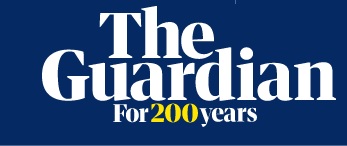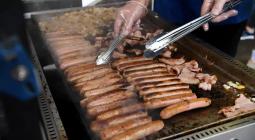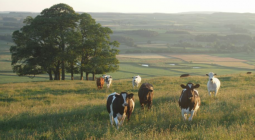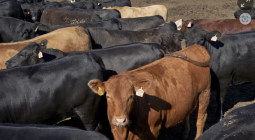Arla announced last month it would start trials of Bovaer in the UK, but an online backlash ensued with some people claiming they would boycott the dairy. Arla and the manufacturer of Bovaer, DSM-Firmenich, have been forced to make public statements that the additive – which has been developed over 15 years and was certified by the UK’s food safety watchdog over a year ago – is safe.
Sheehan put the row down to “misinformation and disinformation” spread on social media. She added: “The government needs to continue with the trials that it’s doing to stay on top of this, to make sure what the long term effects are.”
The Lords environment and climate change committee published a report on Tuesday urging the government to tackle methane as a priority. Close to half of the UK’s methane emissions are from agriculture, and of those nearly 85% come directly from livestock – chiefly cattle – and about 15% from slurry.
The committee found feed additives could play an important role, as could selective breeding of cattle. However, the Lords declined to give clear advice on people’s diets, though scientists have said eating less meat is necessary to avoid excess methane emissions. Animal Rising, a campaign group, has attacked Bovaer as a “false solution” as it could encourage people to think they can continue eating meat.
Sheehan said: “Personally, I have cut down on red meat consumption … [but] this report isn’t about asking people to eat less meat. This is a holistic view of the different options that are open to farmers to help in the fight to tackle methane emissions.”






